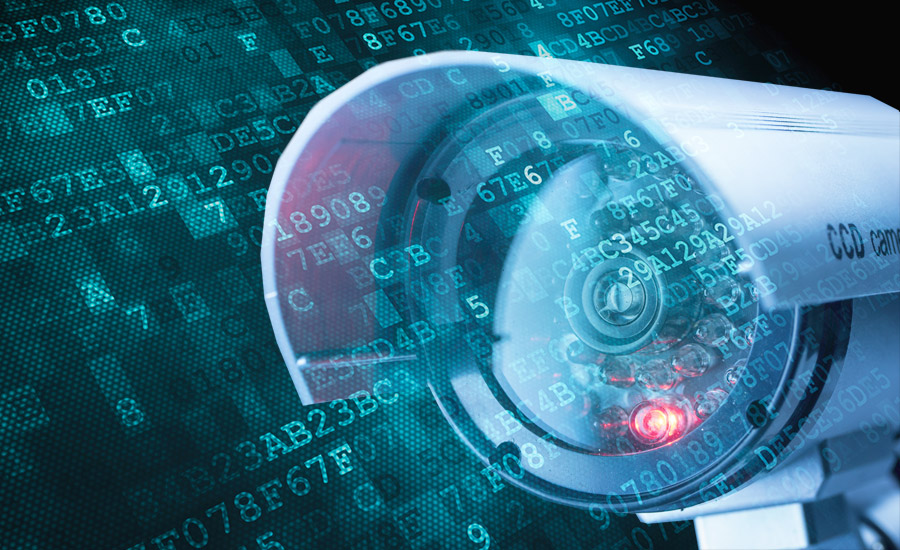By Joel Mandaza
Times have changed, and politicians are struggling to come to terms with the progress brought by technology.
Unlike back in the day, where those in power would use the mass media to push their propaganda through conduits like (Herald and ZBC), the web has allowed people to speak back.
Through the interactive nature of web 2.0 a platform on which all users are equal, the discourse has been liberated.
People can now question governments and create alternatives to the misinformation which has become a staple for the monopolistic media behemoths surviving on public funds.
With very little tact on how to respond to criticism, the powers that be have resorted to deploying internet trolls. Arresting critics and in the worst instance switching off the internet like what happened in January 2019 after protests.
Authoritarian governments in Africa are becoming more averse to internet debate. And there is propensity to tamper with the people’s connection.

In anticipation, thinkers in favour of free expression have devised ways through which people can keep their connectivity ring-fenced, from either surveillance or disconnection.
Here is how Zimbabweans can safely browse the internet, with reduced fear of snooping from unwelcome eyes.
Use of VPN
Virtual private networks (VPN) allows internet users to establish a protected network connection when using public networks.
VPNs protect users through encrypting internet traffic and disguising online identity. This makes it difficult for third parties to track user activities and steal data.
When the internet was blocked in 2019, Zimbabweans resorted to VPN use as some gateways allowed them to connect.
The VPNs do not work when the internet is totally shut down. However, it is not everyday that authorities decide to entirely pull the plug on the internet. This is because it also affects other critical sectors like healthcare and banking.
With pinched connectivity being the first line of response, there is a need for VPNs to remain on tow, just in case.
Foreign Number
There is a culture of victimisation in Zimbabwe, especially when the subject matter is political.
In WhatsApp groups, which are essentially the public spheres as far as critical engagement is concerned, there have been cases of snooping.
As a way around this nature of citizen censorship, some have resorted to using foreign numbers when engaging on WhatsApp.
Using such numbers which can be accessed through various websites which have a number of dormant foreign numbers ready for remote utilisation, means that there is no chance of snoopers using one’s mobile money account to find out their identity.
Mesh Network
In the event of an internet shutdown, there is a way that people can remain in contact.
Mesh Network allows people who are physically close to using their phones as modems to connect with each other.
Under this approach, each phone becomes a node under which the network is extended in range.
Practically, for a better picture, if 100 people are within arm’s length of each other covering 100 metres, it means the network will be covering 100 metres.
Under this category, you find applications like Bridgefy, which uses Bluetooth to transmit messages.
Other applications like Apptopia, formulated in HongKong during the 2019 protests have a range of 100 metres meaning that ten people can give it coverage of 1 kilometre.
Keep your privacy settings on
Some platforms and applications, allow two factor authentication, which goes beyond passwords.
This is when accounts require extra information for one to access them, for instance a code that is sent through a text message.
In Zimbabwe, there have been recent cases where a number of prominent social media users have been complaining of attempts to hack their WhatsApp accounts.
Some have already fallen victim.
Social networks like WhatsApp and Signal have two factor authentication. Users are also advised to ensure that the setting is always on to ensure maximum security.

The function wades off unwanted guests on social networking platforms.
Understand laws governing communication in communities
To retain control on the communication several jurisdictions including Zimbabwe have been crafting governing laws.
Zimbabwe has a Cybersecurity and Data Protection Bill, which is set to become a law soon.
It is important that people stay acquainted with the laws that exist to govern internet activity.
In some instances, regular communication and sharing of information can be seen to be criminal by the powers that be.
Case in point is Hopewell Chin’ono’s arrest, where he is accused of ‘publishing falsehoods.’
His lawyer Harrison Nkomo, argued the section he is being charged under was invalidated by the Constitutional Court.
Of course, courts exist to interpret the law as an arbiter. But it is important for netizens to know the basic laws around internet activity.
That way, it is easier to argue for the preservation of one’s rights when they are clear about what is deemed permissible at law.
In 2016 the United Nations argued that the internet should be treated as a basic human right.
However, African governments are still struggling to come to terms with robust debate, especially when it criticises their power.
Until a time when the internet is not viewed with hostility by establishments, there is a need for internet users to remain awake to ways through which they can remain safe on the internet.
Safe from hacking, criminals and unnecessary surveillance which is, in essence, an intrusion into their privacy. Get the latest Covid Stats from CovidZW.info
How Zimbos can keep the internet safe



